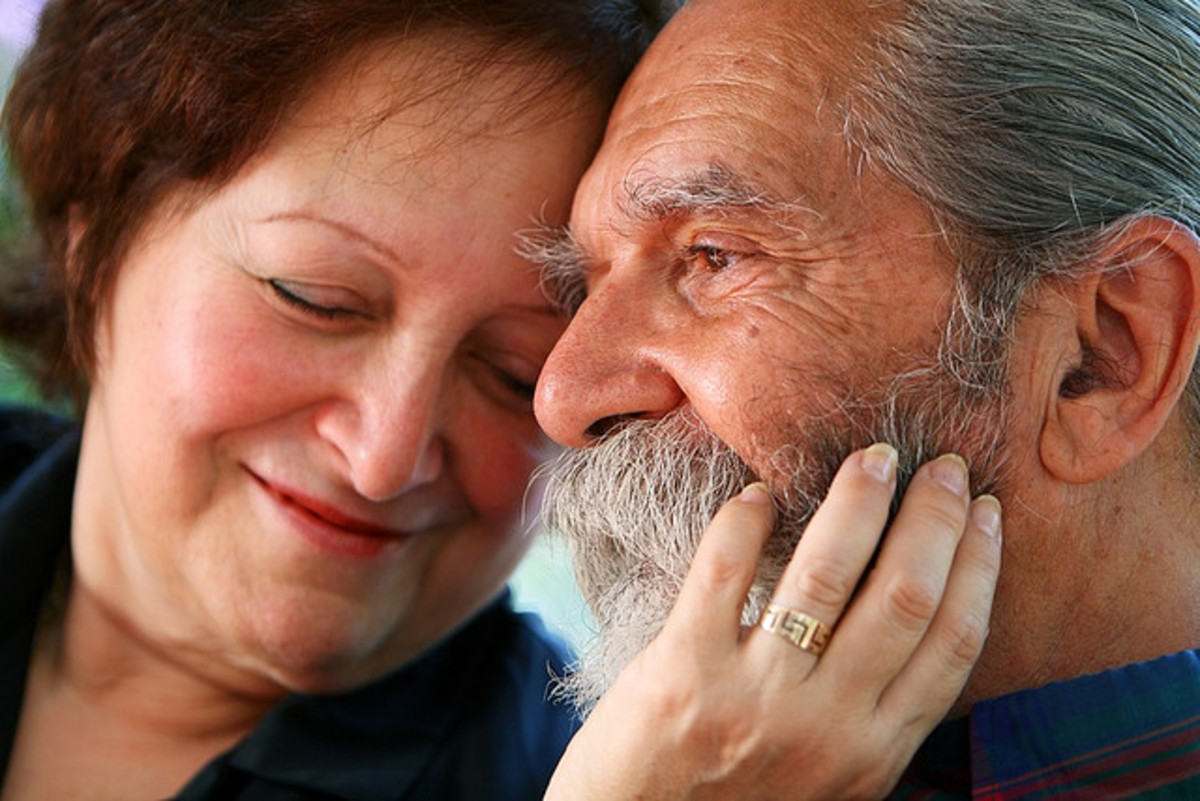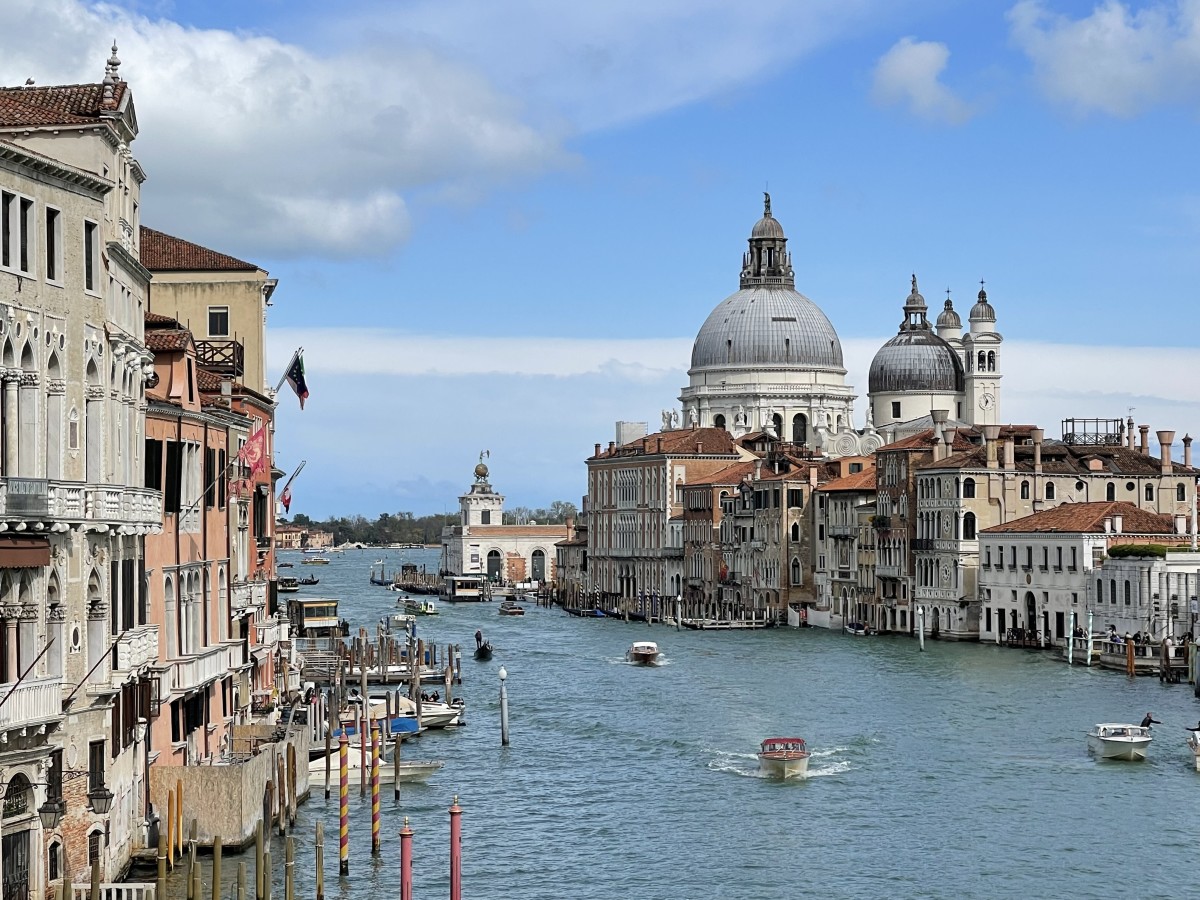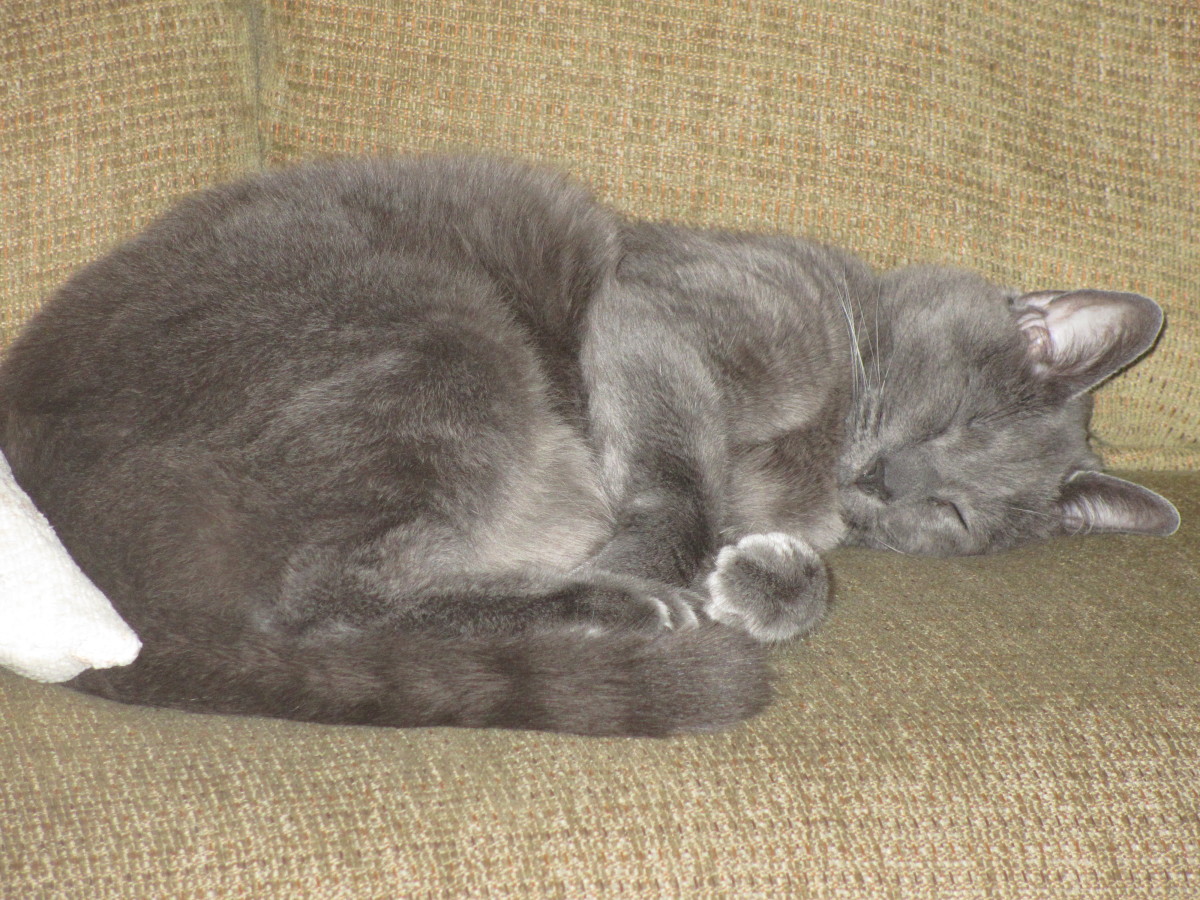Do You Need More Sleep In the Winter?
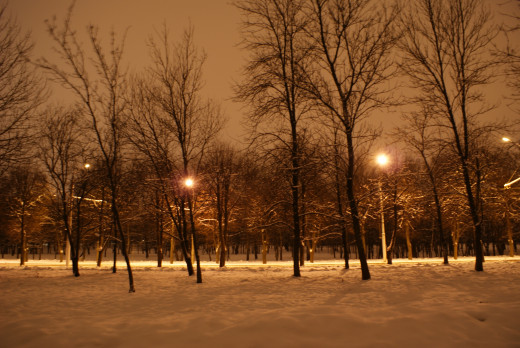
Why Do You Feel More Tired In the Winter?
If you feel like waking up is a little bit more of a struggle in the winter, you are not alone. The desire to sleep longer during the winter is a matter of our biology, and isn't going to change any time soon, although there are some ways to combat this natural instinct.
The pineal gland (a small gland in the brain that is about the size of a pea) is responsible for producing and releasing a hormone called melatonin in a regular cycle that controls our circadian rhythm. In other words, it controls when and how long we sleep.
The pineal gland is sensitive to light, and consequently, when the sun rises, our bodies produce and release less melatonin signalling us to wake up.
This is really convenient in the summer months when we can wake up early and feel quite refreshed, but not so convenient in the winter months when the sun starts rising later, but our schedules still require us to wake up early.
Many species have the convenience of being able to hibernate through the winter months, but as you are probably all too aware, humans don't have that privilege.
For humans, the fight to wake up and stay awake through the darker, colder days of the winter months is a real battle that must be fought day in and day out until the longer, warmer days of summer return.
Try some of these tips to boost your energy during the winter months!
- 5 Tips To Keep You Energized Through The Winter
Do you feel like winter fatigue is bringing you down? Try some of these tips to keep you feeling energized even on the darkest coldest winter days.

Do We Actually Need More Sleep In the Winter?
All of that melatonin produced during the darker months will make you feel like you could sleep all day, but the real question is whether or not your body actually needs that extra sleep.
Should we try to adjust our schedules to align with our sleep cravings or should we figure out a way to feel more energized and alert so that we can stick with our regular schedule?
There is a lot of debate on this topic. Many sources will tell you that we don't actually need the extra sleep, while others (that I tend to agree with a bit more) address the fact that throughout most of history humans based their schedule on the sun just like animals did.
This leads to two main arguments regarding how winter sleep cravings should be dealt with:
- In most cases it is better for us to just stick with our regular schedule rather than giving in to the temptation to sleep in longer or go to bed earlier in the winter. We don't need the extra sleep. We just need to do more to keep ourselves awake during the day.
- If you're tired and have the opportunity to sleep longer at night, you should. This is what our bodies were designed to do, and we are doing ourselves a disservice by treating to force our bodies into a sleep routine that isn't natural for them.
Is Our Current Idea of a Good Night's Sleep Completely Wrong?
Interestingly enough, before the advent of electricity, it was actually common for people to split their sleep time into two chunks throughout the night during the winter months.
They would go to bed around sunset, sleep for a few hours, and then wake up again. Then they would stay awake for an hour or two doing chores, visiting neighbors, or spending alone time with a significant other, etc before going back to bed and waking up with the sun.
This might sound crazy, but there are enough sources addressing this topic that it's silly to argue that this wasn't the case. Many people even think that those people who suffer from insomnia are actually just suffering from living according to biological norms of waking up after a few hours of sleep.
Roger Ekirch, a sleep historian at Virginia Tech University researched this topic and wrote a book called At Days Close: Night in Times Past.
Who Do You Believe When It Comes to Sleep Needs?
Strongly opposing opinions about winter sleep needs (with the additional idea that maybe we're supposed to have two separate sleep periods during the night) can leave people feeling lost and confused when it comes to what's really best for them.
What is a person to do in this situation? This question is generally answered in a similar way regardless of what beliefs people hold about their sleep needs.
You see, there is one idea in this realm that most people can agree on.
Whether we need more sleep or not, it is nearly impossible to adjust your schedule in a way that gives you several extra hours of sleep time if you're going to function in modern society.
After all, most people can't just walk into work one winter day and announce that they will be cutting back on their hours in order to get more sleep.
Because of this, most people by default find it more beneficial to find ways to increase their energy throughout the day rather than rising and going to bed with the sun.
What do you think is the best strategy for coping with winter fatigue?
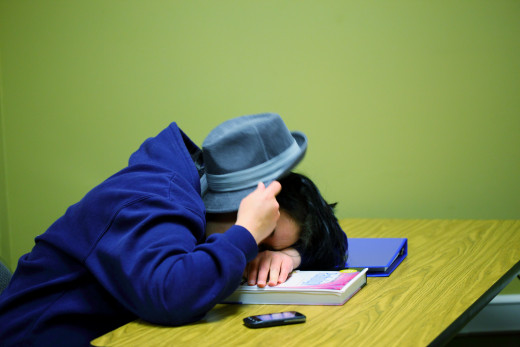
What If You Literally Feel Like You Don't Have the Energy to Function in the Winter?
It you absolutely feel like no matter what you do, you can't beat winter fatigue and the blues that sometimes come along with it, it could be that you are suffering from SAD (Seasonal Affective Disorder), a form of depression affecting up to 20% of the population that's related to changes in the seasons.
Symptoms of SAD include:
- fatigue
- change of appetite
- irritability
- difficulty concentrating
- not wanting to participate in social situations
- change of mood
If you suspect that this could be the case, you may want to discuss this with a physician in order to find a way to relieve the symptoms of seasonal depression.



